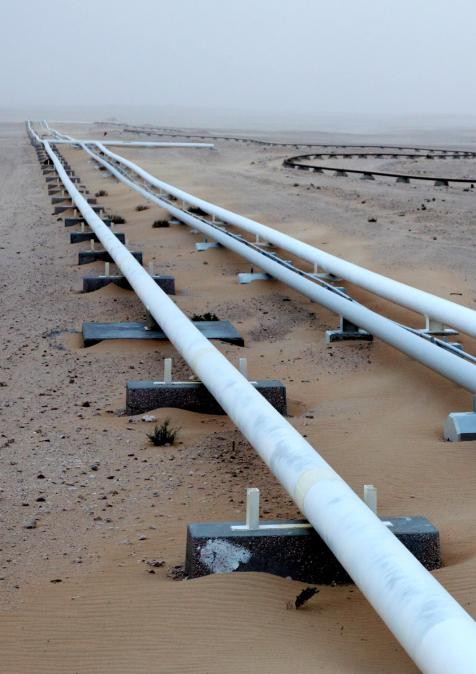
One of Africa’s most ambitious energy projects—the Maghreb gas pipeline—is gathering momentum as the Economic Community of West African States (ECOWAS) prepares to give its formal endorsement later this year.
Designed to carry Nigerian natural gas across 13 countries to Morocco and ultimately into Europe, the 6,900-kilometre pipeline has taken a major step forward with both technical and financial breakthroughs.
Initially estimated at $25 billion, the cost of the project has now been revised downward by 20%, significantly enhancing its financial viability.
With commissioning scheduled for 2029, the project is reshaping the region’s energy landscape and offering new opportunities for economic cooperation and development.
The ECOWAS validation will follow the December 2024 Intergovernmental Agreement, which established the legal framework governing the project and defined the respective rights and responsibilities of each participating state.
At recent meetings in Rabat, formal membership was confirmed for the 13 nations involved: Nigeria, Mauritania, Senegal, Gambia, Guinea-Bissau, Guinea, Sierra Leone, Liberia, Côte d’Ivoire, Ghana, Togo, Benin, and Morocco.
The scope and unity of this alliance reflect the geopolitical weight of the pipeline, long championed by King Mohammed VI as a keystone of his vision for energy regionalization across Africa.
“This is more than a pipeline,” noted one ECOWAS official during the preparatory discussions. “It is a route to regional integration and global competitiveness.”
Crucially, the pipeline is expected to extend benefits beyond the immediate corridor. Landlocked countries such as Niger, Mali, and Burkina Faso are projected to gain economically through interconnections and shared infrastructure.
Once completed, the gas route will link to the existing Maghreb-Europe pipeline, positioning West Africa as a critical supplier of energy to European markets.
As Africa continues to push for a larger role in the global energy conversation, this project signals a turning point.
With budget efficiencies, diplomatic coordination, and continental ambition converging, the Maghreb gas pipeline represents not just an energy lifeline—but a bold statement of regional unity and future potential.



